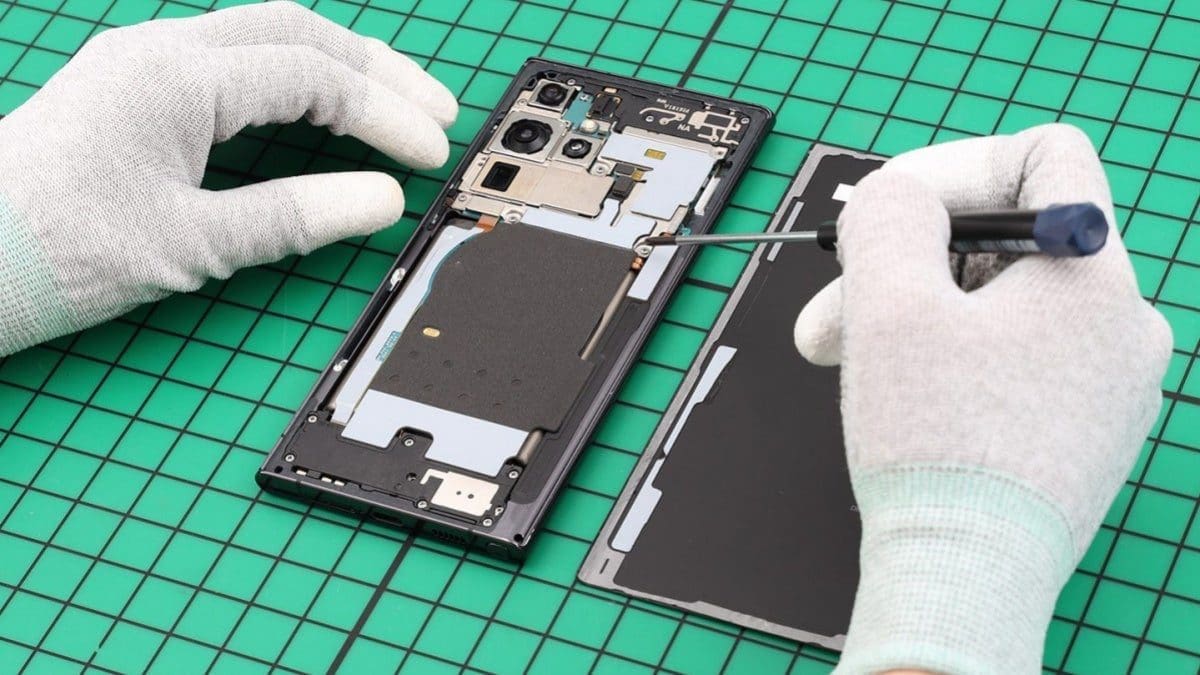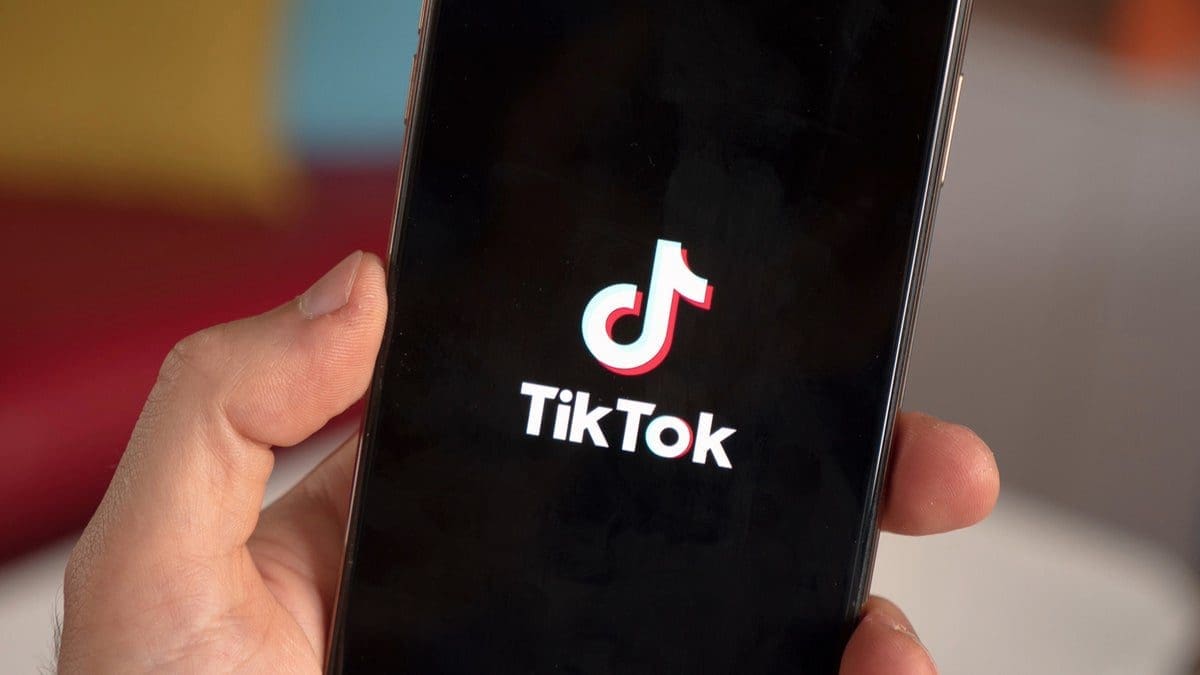The world of smartphone repair is currently experiencing a significant shift, with Samsung finding itself in the spotlight. Recent reports have raised concerns about the tech giant’s practices, particularly regarding privacy and right-to-repair laws.
According to The Verge, a leaked contract between Samsung and independent service providers has revealed some troubling requirements. For every repair carried out, these shops must provide Samsung with the customer’s personal information, including their name, address, telephone number, phone’s unique identifiers, customer complaint, and repair details. This revelation has understandably caused alarm among privacy advocates and consumers.
Furthermore, the contract allegedly instructs repair shops to remove any aftermarket parts, even though using third-party parts is often legal. This aspect has added fuel to the ongoing debate surrounding the right to repair electronic devices.
Although Samsung has not officially confirmed or denied these reports, the potential implications of such practices are significant. It appears that not only independent repair shops but also customers purchasing official replacement parts may unknowingly be contributing to a database of personal information.
iFixit CEO Kyle Wiens has acknowledged sharing customer information with Samsung as required when ordering official replacement parts but has since ended their collaboration due to misalignment with their right-to-repair mission.
The timing of these revelations is noteworthy as California’s and Minnesota’s right-to-repair laws are set to take effect on July 1st. These laws aim to empower consumers by ensuring fair access to parts and information for repairing their devices. However, there are concerns about how companies like Samsung will interpret and comply with these laws.
This situation raises important questions about transparency and consumer choice. Independent repair shops may face challenges in complying with Samsung’s demands, potentially affecting their ability to provide affordable repairs. Consumers may also be unaware that their personal information is shared with the manufacturer during repairs or when purchasing replacement parts.
As the right-to-repair movement gains traction, major manufacturers like Samsung will continue to face scrutiny over their practices. It remains to be seen how Samsung will address these allegations and how they will impact discussions surrounding consumer rights, privacy, and the future of electronic device repair.











